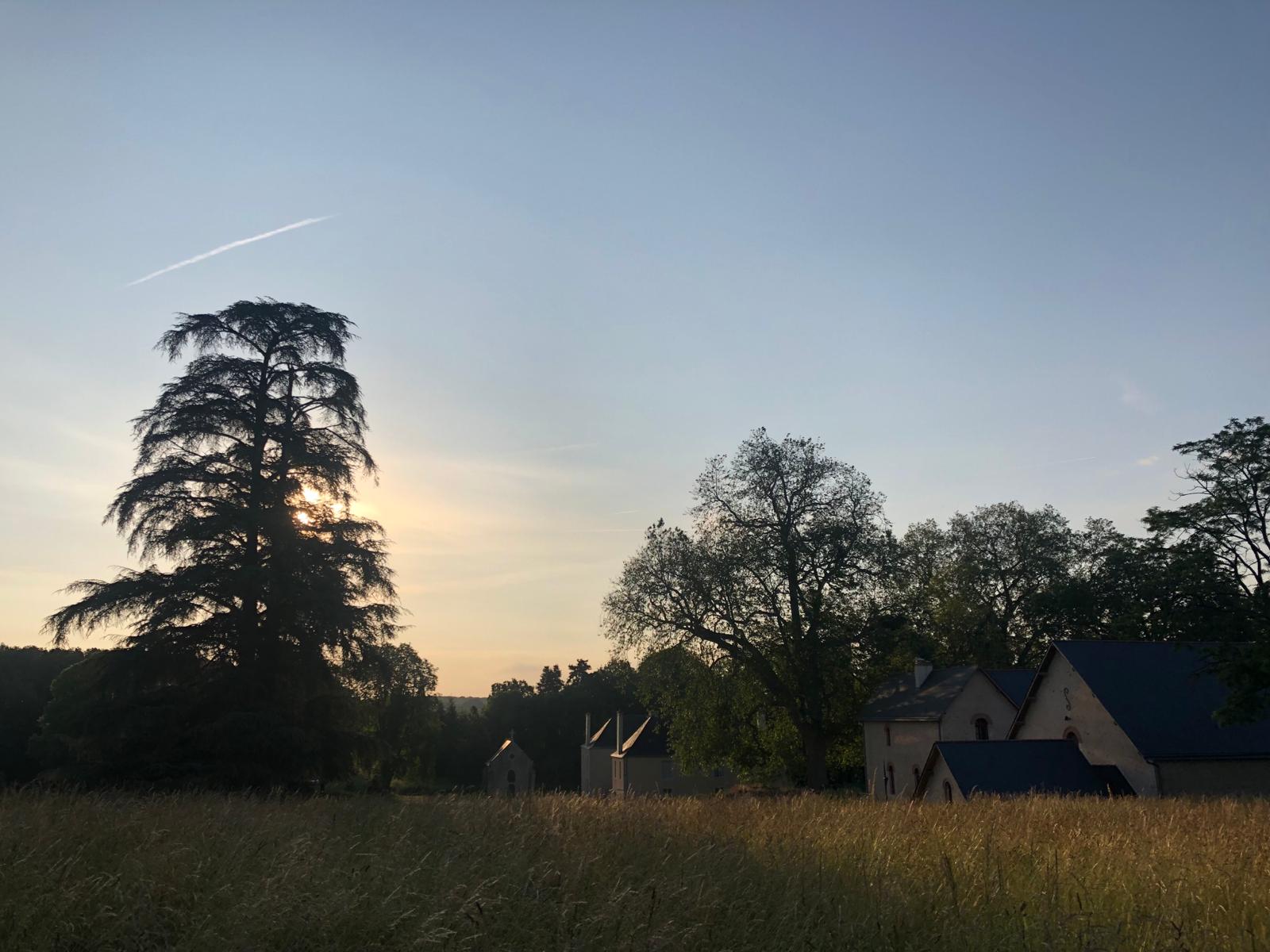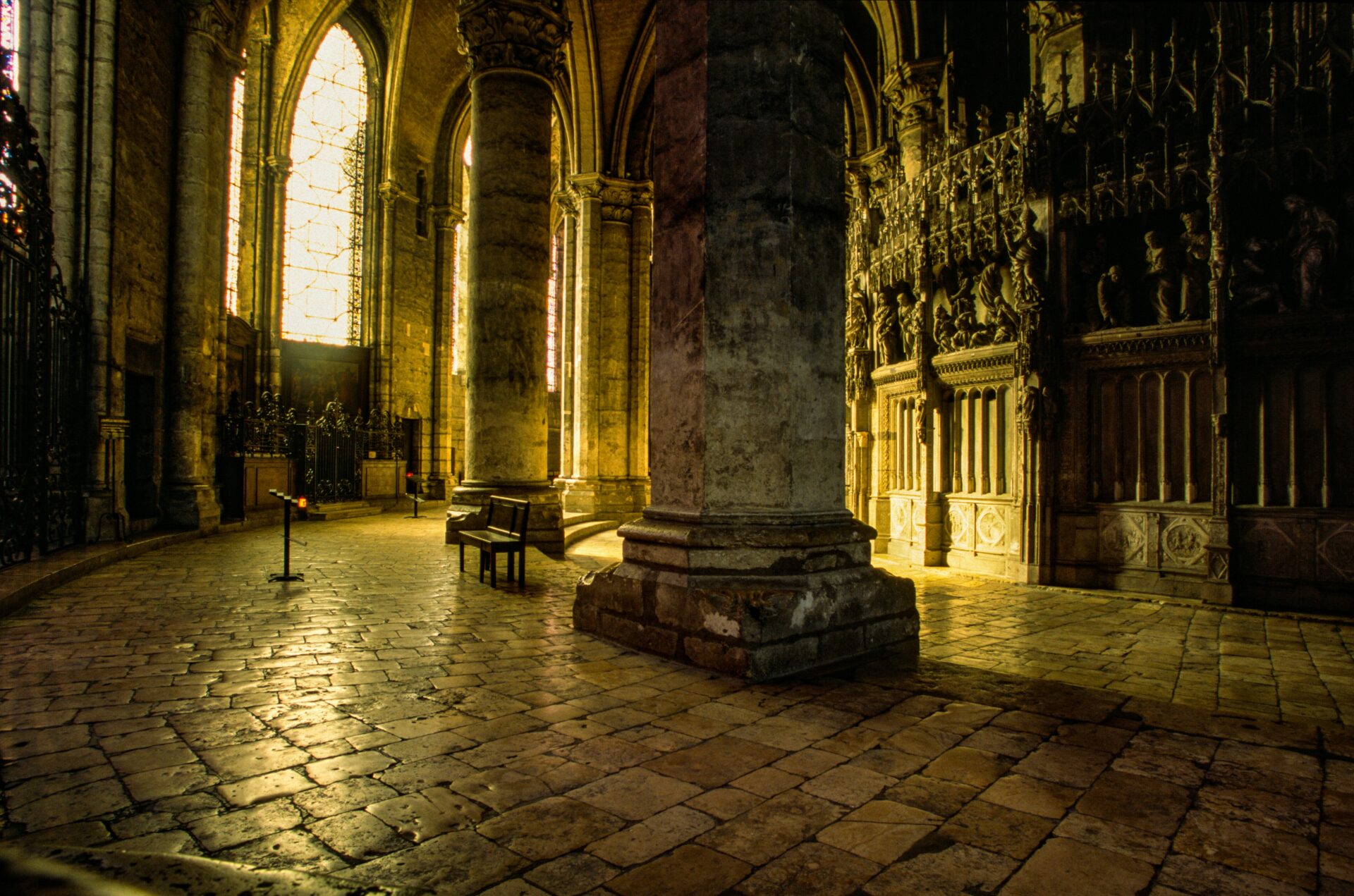In ‘The Gethsemani Talks’ John Main is talking to fellow monks, for whom the vow of ‘poverty’ is very important. But not only in the religious life has the virtue of ‘poverty’ significance. The moment you think of poverty as simplicity rather than renunciation of personal possessions it becomes obviously relevant to all.
‘Poverty’ in John Main’s eyes is more about “that degree of selflessness which will enable us to be fully and deeply sensitive to the reality of the other, God and our neighbour” than about just a giving up of personal possessions and a detachment of the need to own material goods. Often the root cause for the need for possessions is a deep seated need for security, “which can so easily build barriers around each of us…behind these self-isolating barriers we can seem so safe.” Yet “our true richness and glory lies in Him and not in mere possessions.”
This to John Main is affirmed by the way we pray, by our relationship with Christ. He quotes John Cassian’s advice to “restricting the activity of our mind to the poverty of the single verse.” – the essence of meditation. “Then our ‘security’ is not build on negative [self-centred] forces but rooted in the one positive force in the cosmos, the Lord God himself.” That is the true meaning of the words of Jesus: “The man [or woman] who would find his/her life, must first lose it.” This unself-conscious way of prayer with just one phrase is the first step we need to take towards poverty – simplicity, to a God-centred way of being rather than a self-centred one. Because in doing so, we temporarily transcend our ‘ego’ built up of thoughts, perceptions and illusions and become aware of our true self, centred on Christ dwelling within us.
This does not mean that other ways of prayer are not important – all liturgical ways of prayer of praise, confession and petition also have their place in our cycle of prayer, as we discussed in the last ‘Weekly Teaching’. But the ultimate end of prayer is an unselfconscious reaching out to God in simplicity, leading to a unity of being at the deepest level.
But to accept the validity of this simple way of prayer is not easy to do in our present societal context. In the ‘Third Conference’ John Main tells of the reaction of a Ramakrishna monk to whom he explained the teaching of Christian Meditation. The monk countered that he fully agreed with John Main’s explanation but then added: “But if you tell that to a group of Westerners they just won’t believe you because it will seem too simple. Now what I advise you to do is complicate the thing a bit. So when the people come out tell them that you have some esoteric knowledge that has been handed down through the monastic order, through John Cassian, say, that’s a nice-sounding name and people will be interested. But this knowledge is of such importance, you must tell them that you can’t give it to them until they’ve been coming to your meditation centre for at least 10 weeks or something of this kind. And then, finally you can initiate them into the thing.”
Although John Main saw the validity of the problem the monk highlighted, he was true to the teaching and stressed that all we need to do is “say the mantra in utter simplicity and with utter faithfulness.”







